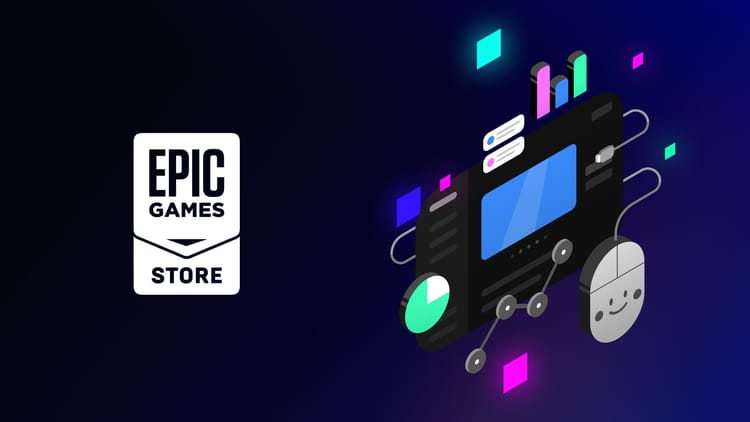To the Moon Review — An outstanding story told well

In 1974, an American philosopher by the name of Robert Nozick proposed a thought experiment called the Experience Machine. It goes a little like this: You have the option of living in a perfect, simulated reality by plugging yourself into this machine. While you’re plugged in you can’t tell the difference between the simulated experiences and the ones you would experience in real life.
I was first introduced to this thought experiment in a high school philosophy class. Our teacher explained that the thought experiment was created to challenge a school of thought called ethical hedonism, which argues that the only thing in life that matters is one’s personal pleasure and happiness.
Thought experiments are designed to make people scrutinise their thoughts. With the experiences machine, the idea is to think about life and what we truly value in it.
Which brings me to the subject of this review.
The game takes place in a universe where, just as you’re about to take your last breath, your memories can be artificially altered so you have the recollection of an experience that never happened, meaning you can go out having fulfilled what you wish you’d done in your life.
You play as two doctors, Dr Eva Rosalene and Dr Neil Watts, as they carry out this fairly routine operation on an elderly man by the name of Johnny, who, as you’ll learn, has had quite a few ups and downs (as we all do) in his life.
The quality of To the Moon’s writing is nothing short of excellent. The story unfolds in reverse as you go through Johnny’s later years, through his adolescence and into his childhood in an attempt to fulfil his dying wish of going to the moon.
Freebird Games describes the game as a tragicomedy, which is an apt description. They’ve done a great job at balancing the soul-crushing and laughter-inducing.
Gameplay-wise, you’ll spend most of the time reading through dialogue and scavenging for bits of memories. Although somewhat repetitive, the gameplay is at least unique and moves the story forward. This isn’t a game I’d play for gameplay alone (not that it was developed with this intention anyway).
To the Moon’s original soundtrack is outstanding and can be purchased on Bandcamp for US$5, with half of the proceeds going to charities for autism. While writing this review, I had the soundtrack open on YouTube. The video that auto-played afterwards was entitled “Best Relaxing Piano Studio Ghibli Complete Collection 2016.” I’d put this soundtrack in that same tier.
I finished the game in about four hours, not including the free “Sigmund Minisode” DLC. While there isn’t a great deal of replay value given the game’s linear nature, the price adequately reflects this. Certainly better than Dear Esther did…
I honestly think To the Moon is a rare example of a perfect game. If you have an aversion to slow, story-rich, linear games with slightly repetitive gameplay, you probably won’t get much out of it. For everyone else, however, you should consider To the Moon compulsory viewing.
If, after playing To the Moon, you’re still not convinced that video games as a medium can be considered equal to film, literature, or any other art form in their ability to connect with audiences, I doubt you’ll ever be convinced.
To the Moon is available for Windows, Mac and Linux, as well as iOS and Android. It can be purchased from Steam, GOG, The Humble Store, the App Store, and Google Play.

